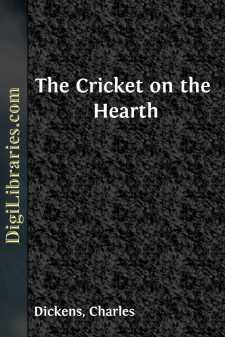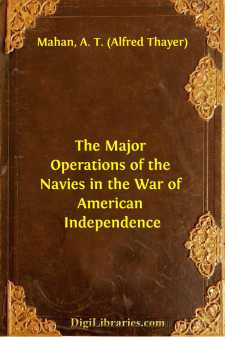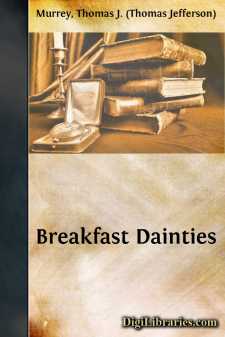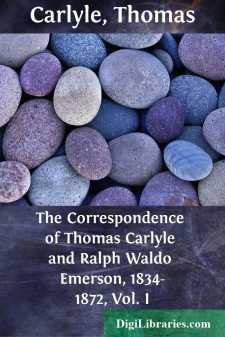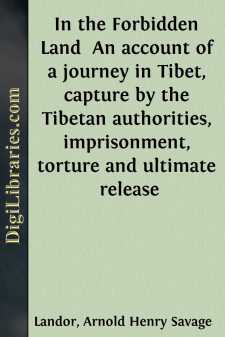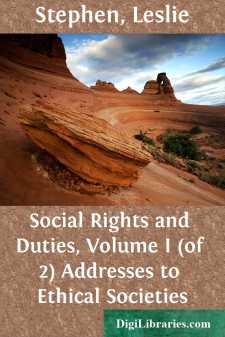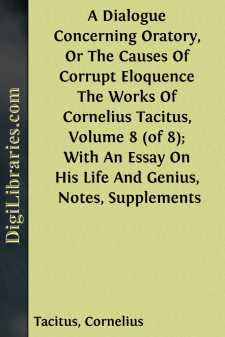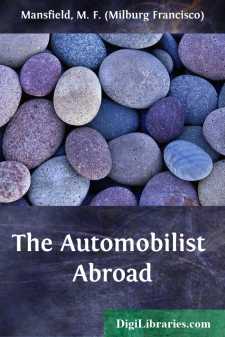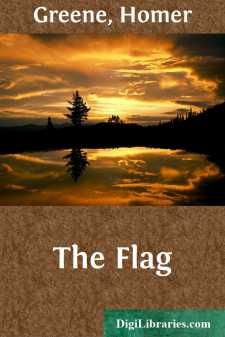Categories
- Antiques & Collectibles 13
- Architecture 36
- Art 48
- Bibles 22
- Biography & Autobiography 813
- Body, Mind & Spirit 142
- Business & Economics 28
- Children's Books 17
- Children's Fiction 14
- Computers 4
- Cooking 94
- Crafts & Hobbies 4
- Drama 346
- Education 46
- Family & Relationships 57
- Fiction 11829
- Games 19
- Gardening 17
- Health & Fitness 34
- History 1377
- House & Home 1
- Humor 147
- Juvenile Fiction 1873
- Juvenile Nonfiction 202
- Language Arts & Disciplines 88
- Law 16
- Literary Collections 686
- Literary Criticism 179
- Mathematics 13
- Medical 41
- Music 40
- Nature 179
- Non-Classifiable 1768
- Performing Arts 7
- Periodicals 1453
- Philosophy 64
- Photography 2
- Poetry 896
- Political Science 203
- Psychology 42
- Reference 154
- Religion 513
- Science 126
- Self-Help 84
- Social Science 81
- Sports & Recreation 34
- Study Aids 3
- Technology & Engineering 59
- Transportation 23
- Travel 463
- True Crime 29
Sort by:
by:
Charles Dickens
CHIRP THE FIRST The kettle began it! Don't tell me what Mrs. Peerybingle said. I know better. Mrs. Peerybingle may leave it on record to the end of time that she couldn't say which of them began it; but I say the kettle did. I ought to know, I hope? The kettle began it, full five minutes by the little waxy-faced Dutch clock in the corner, before the Cricket uttered a chirp. As if the clock...
more...
CHAPTER I THE NAVAL CAMPAIGN ON LAKE CHAMPLAIN1775-1776 Preponderant effect of Control of the Water upon the Struggle for American Independence Deducible then from Reason and from Experience Consequent Necessity to the Americans of a Counterpoise to British Navy This obtained through Burgoyne's Surrender The Surrender of Burgoyne traceable directly to the Naval Campaigns on Lake Champlain, 1775,...
more...
REMARKS ON BREAKFAST COOKERY. "Dinner may be pleasant, So may social tea;But yet methinks the breakfast Is best of all the three." The importance of preparing a variety of dainty dishes for the breakfast table is but lightly considered by many who can afford luxuries, quite as much as by those who little dream of the delightful, palate-pleasing compounds made from "unconsidered...
more...
by:
Thomas Carlyle
I. Emerson to Carlyle Boston, Massachusetts, 14 May, 1884 My Dear Sir,—There are some purposes we delay long to execute simply because we have them more at heart than others, and such an one has been for many weeks, I may say months, my design of writing you an epistle. Some chance wind of Fame blew your name to me, perhaps two years ago, as the author of papers which I had already distinguished (as...
more...
IN THE FORBIDDEN LAND Times: "The ordinary reader will be struck with the portraits, which show that in a very few weeks he must have endured a lifetime of concentrated misery. Other travellers, no doubt, have gone further, but none who have escaped with their lives have fared worse.... Mr. Landor tells a plain and manly tale, without affectation or bravado. It is a book, certainly, that will be...
more...
by:
Leslie Stephen
THE AIMS OF ETHICAL SOCIETIES. I am about to say a few words upon the aims of this society: and I should be sorry either to exaggerate or to depreciate our legitimate pretensions. It would be altogether impossible to speak too strongly of the importance of the great questions in which our membership of the society shows us to be interested. It would, I fear, be easy enough to make an over-estimate of...
more...
CHAPTER I. THE SAVING OF GRAY MOOSE. I have long had in mind to set down the story of my early life, and now, as I draw pen and paper to me for the commencement of the task, I feel the inspiration of those who wrote straight from the heart. It is unlikely that this narrative will ever appear in print, but if it does the reader may rely on its truthfulness and accuracy from beginning to end, strange and...
more...
A DIALOGUE CONCERNING ORATORY, OR THE CAUSES OF CORRUPT ELOQUENCE. . General introduction, with the reasons for writing an account of the following discourse. . The persons engaged in the dialogue; at first, Curiatius Maternus, Julius Secundus, and Marcus Aper. . Secundus endeavours to dissuade Maternus from thinking any more of dramatic composition. . Maternus gives his reasons for persisting. . Aper...
more...
Chapter I We have progressed appreciably beyond the days of the old horseless carriage, which, it will be remembered, retained even the dashboard. To-day the modern automobile somewhat resembles, in its outlines, across between a decapod locomotive and a steam fire-engine, or at least something concerning the artistic appearance of which the layman has very grave doubts. The control of a restive horse,...
more...
by:
Homer Greene
THE FLAG CHAPTER I Snow everywhere; freshly fallen, white and beautiful. It lay unsullied on the village roofs, and, trampled but not yet soiled, in the village streets. The spruce trees on the lawn at Bannerhall were weighted with it, and on the lawn itself it rested, like an ermine blanket, soft and satisfying. Down the steps of the porch that stretched across the front of the mansion, a boy ran,...
more...


